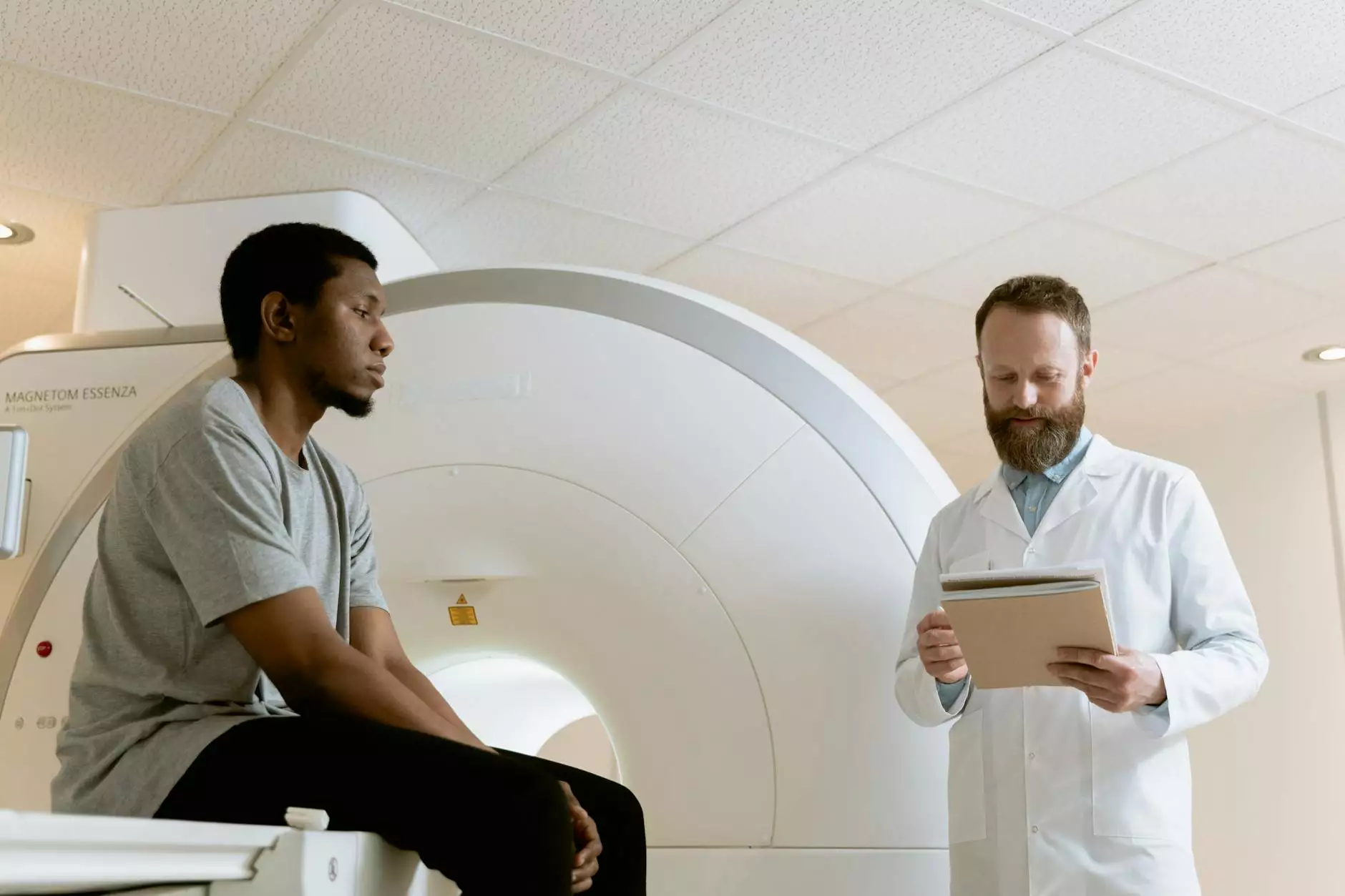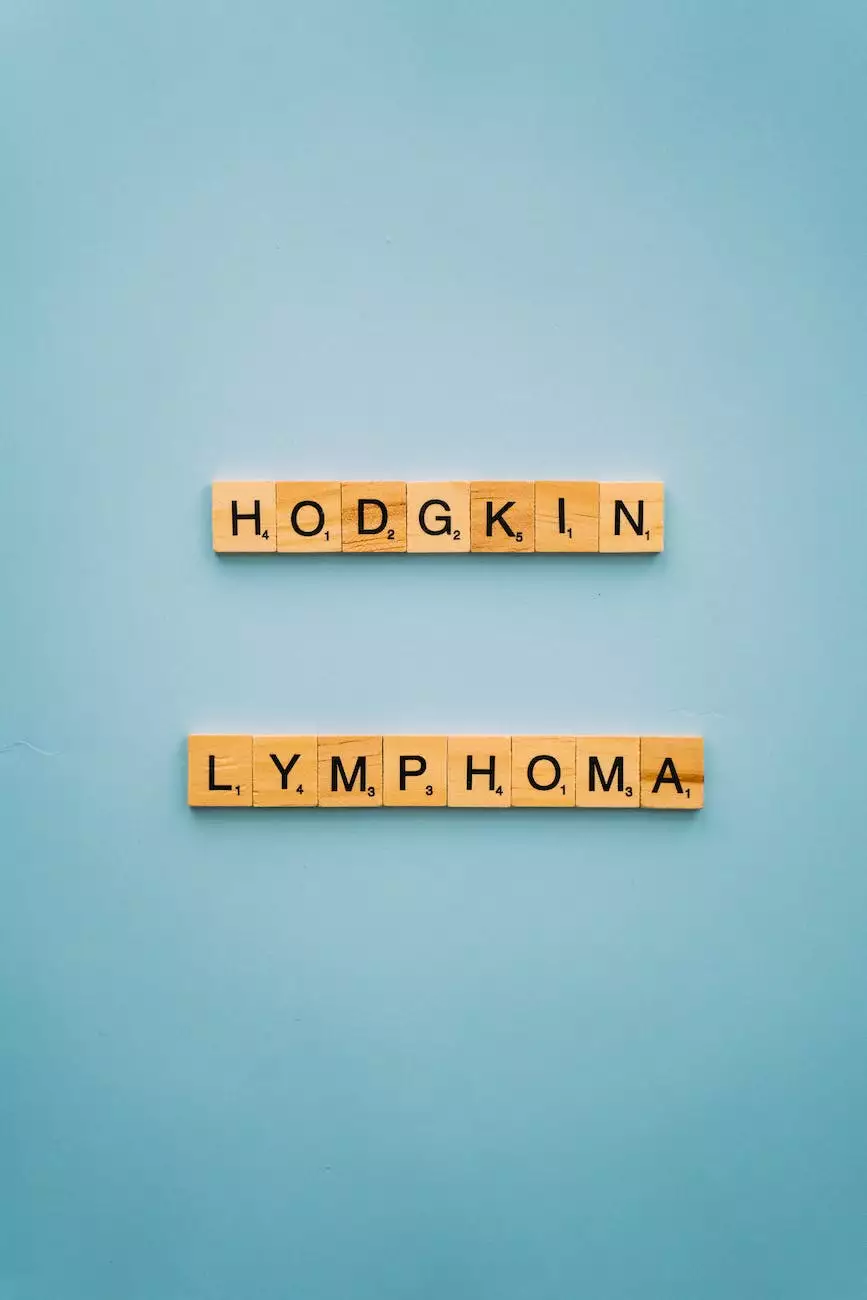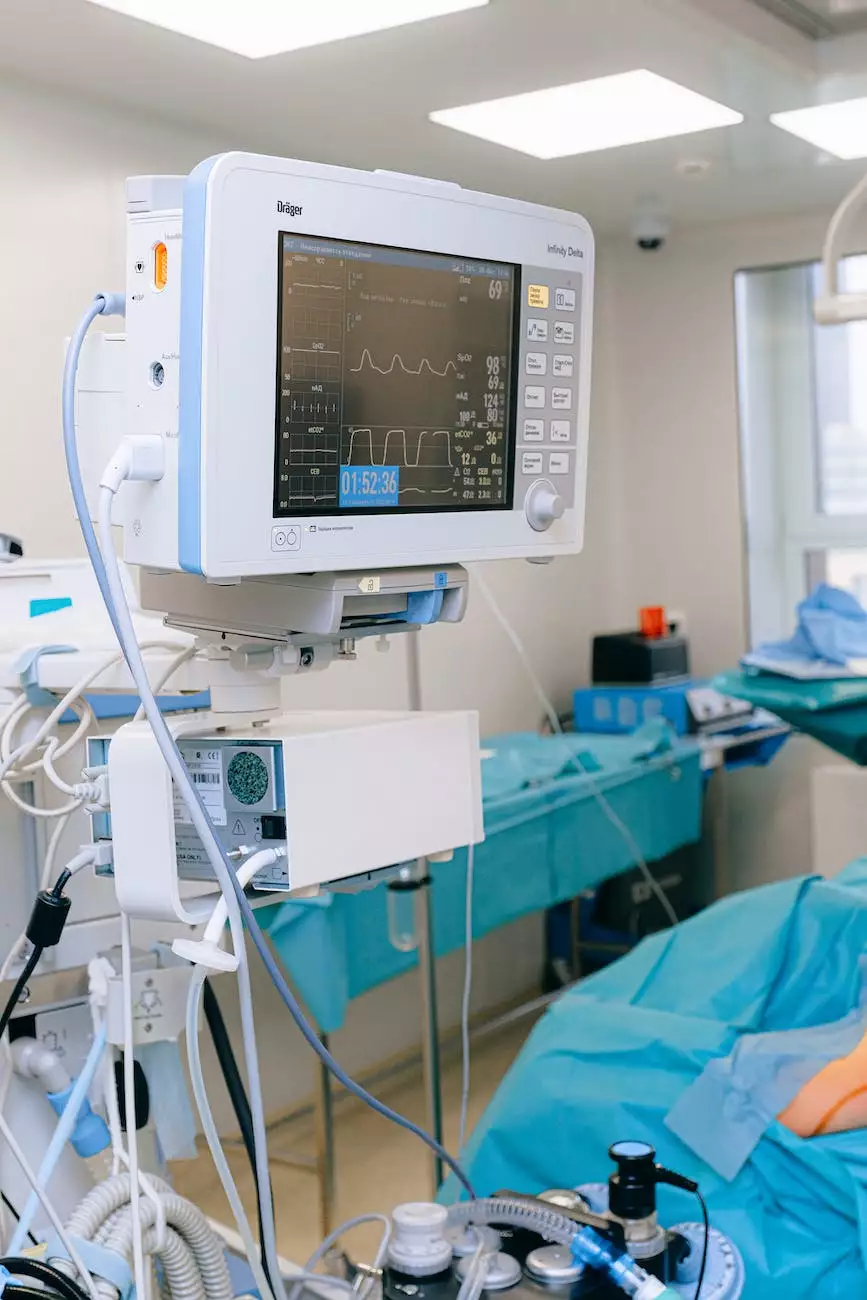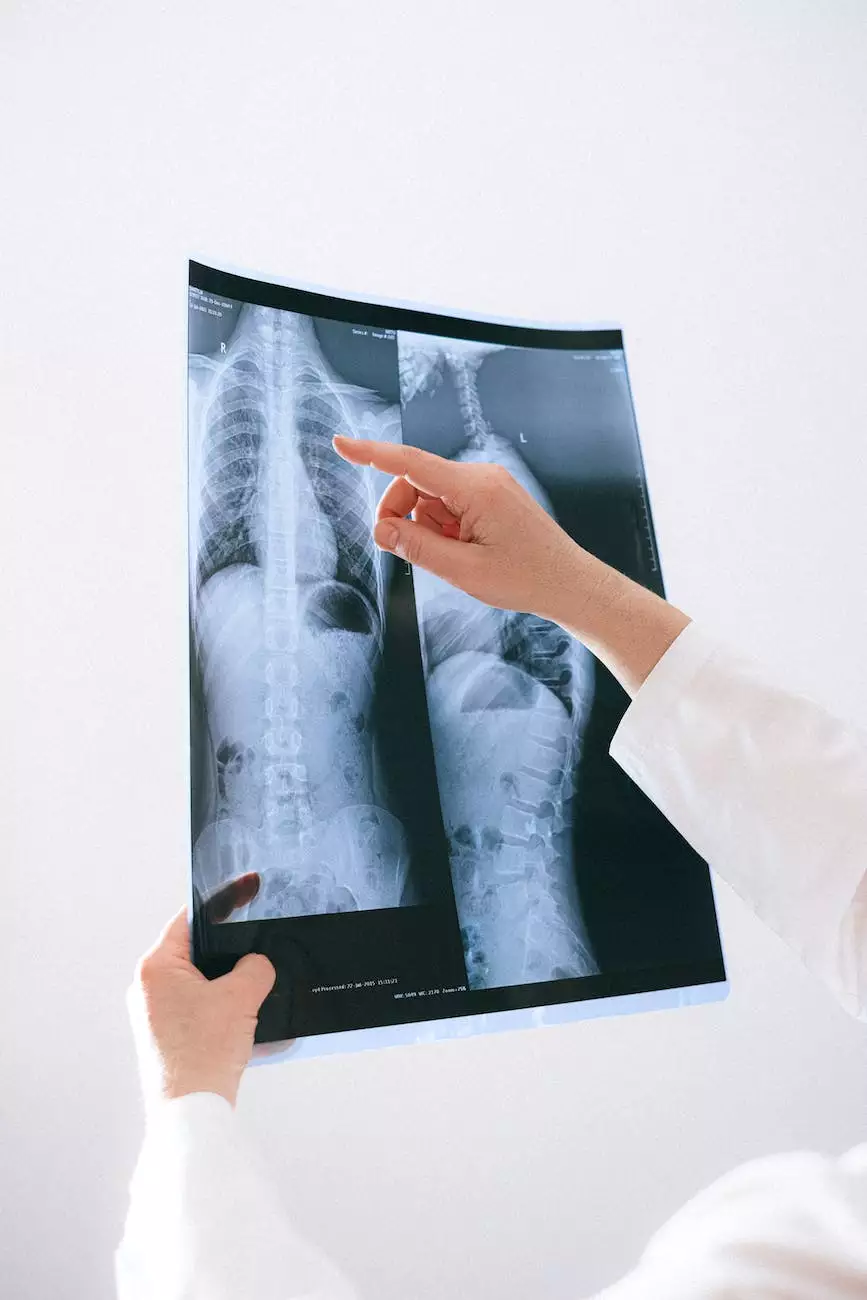Gastric Cancer: Understanding the Types, Causes, Symptoms, Diagnosis, and Treatment

Introduction
Welcome to Brandt Debra S MD, your trusted source of information and medical services for gastric cancer. Our dedicated team of experts aims to provide you with comprehensive knowledge and personalized care. In this article, we will delve into the different aspects of gastric cancer, including its types, causes, symptoms, diagnosis, and treatment options.
Types of Gastric Cancer
Gastric cancer, also known as stomach cancer, can be classified into several types based on its location and appearance. The most common types include:
- Adenocarcinomas: This type accounts for the majority of gastric cancer cases and develops from the cells that form the inner lining of the stomach.
- Intestinal-type Gastric Cancer: Characterized by a distinct appearance, this type is often associated with long-standing inflammation of the stomach.
- Diffuse-type Gastric Cancer: This type tends to grow and spread more quickly, affecting the stomach's entire lining and creating a thickened wall.
- Signet Ring Cell Carcinoma: This rare type of gastric cancer is characterized by cells that resemble signet rings when viewed under a microscope.
Causes of Gastric Cancer
The development of gastric cancer is influenced by various risk factors. Understanding these factors can help in adopting preventive measures. Some common causes and risk factors include:
- Helicobacter pylori infection: This bacterial infection increases the risk of developing gastric cancer, as it can lead to chronic inflammation of the stomach.
- Age and gender: The risk of developing gastric cancer increases with age, particularly after the age of 50. Men are also more prone to develop gastric cancer than women.
- Dietary factors: A diet high in smoked, pickled, or salted foods, low in fruits and vegetables, and lacking in fiber can increase the risk of gastric cancer.
- Family history: Individuals with a family history of gastric cancer are at a higher risk of developing the disease.
- Smoking and alcohol consumption: Tobacco use and excessive alcohol consumption have been linked to an increased risk of gastric cancer.
Symptoms of Gastric Cancer
Identifying the symptoms of gastric cancer at an early stage can significantly improve treatment options and outcomes. Common symptoms to watch out for include:
- Unexplained weight loss
- Abdominal pain or discomfort
- Feeling full or bloated after eating small amounts
- Nausea and vomiting
- Difficulty swallowing
- Fatigue and weakness
Diagnosis and Screening
Diagnosing gastric cancer often involves a combination of physical examinations, medical history review, and diagnostic tests. Common diagnostic procedures include:
- Endoscopy: This procedure allows doctors to examine the inside of the stomach using a long, flexible tube with a camera.
- Biopsy: During an endoscopy, tissue samples may be collected for laboratory analysis to determine if cancer cells are present.
- Imaging tests: Techniques such as CT scans, MRI scans, and X-rays may be used to obtain detailed images of the stomach and surrounding areas.
Treatment Options
The treatment approach for gastric cancer depends on various factors, including the stage of cancer, overall health, and individual preferences. Treatment options may include:
- Surgery: Surgical removal of the tumor or part of the stomach may be recommended, especially in the early stages of gastric cancer.
- Chemotherapy: This treatment uses drugs to destroy cancer cells and is commonly used before or after surgery to improve outcomes.
- Radiotherapy: In select cases, high-energy radiation beams are directed at the cancerous cells to eliminate them.
- Targeted therapies: These treatments focus on specific genes, proteins, or tissues involved in cancer growth to disrupt the progression of the disease.
Contact Brandt Debra S MD for Expert Gastric Cancer Care
At Brandt Debra S MD, we understand the challenges faced by those diagnosed with gastric cancer. Our experienced medical team is here to offer personalized care and guide you throughout your journey. Contact us today to schedule a consultation and explore our comprehensive healthcare services tailored to gastric cancer patients.










